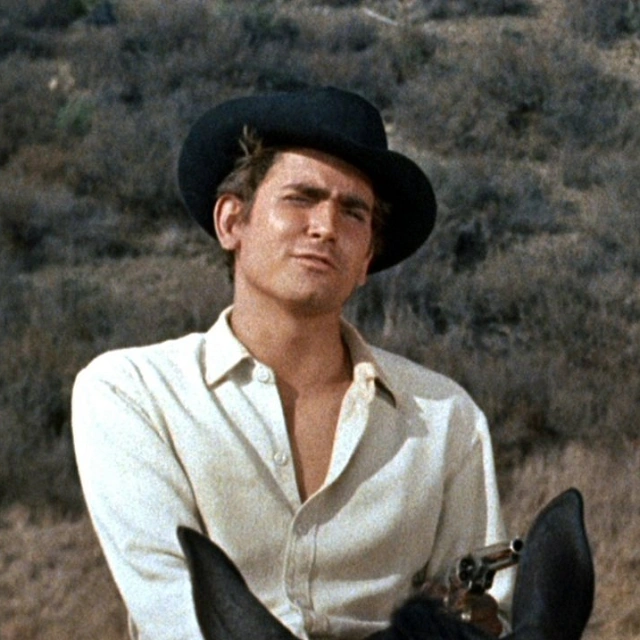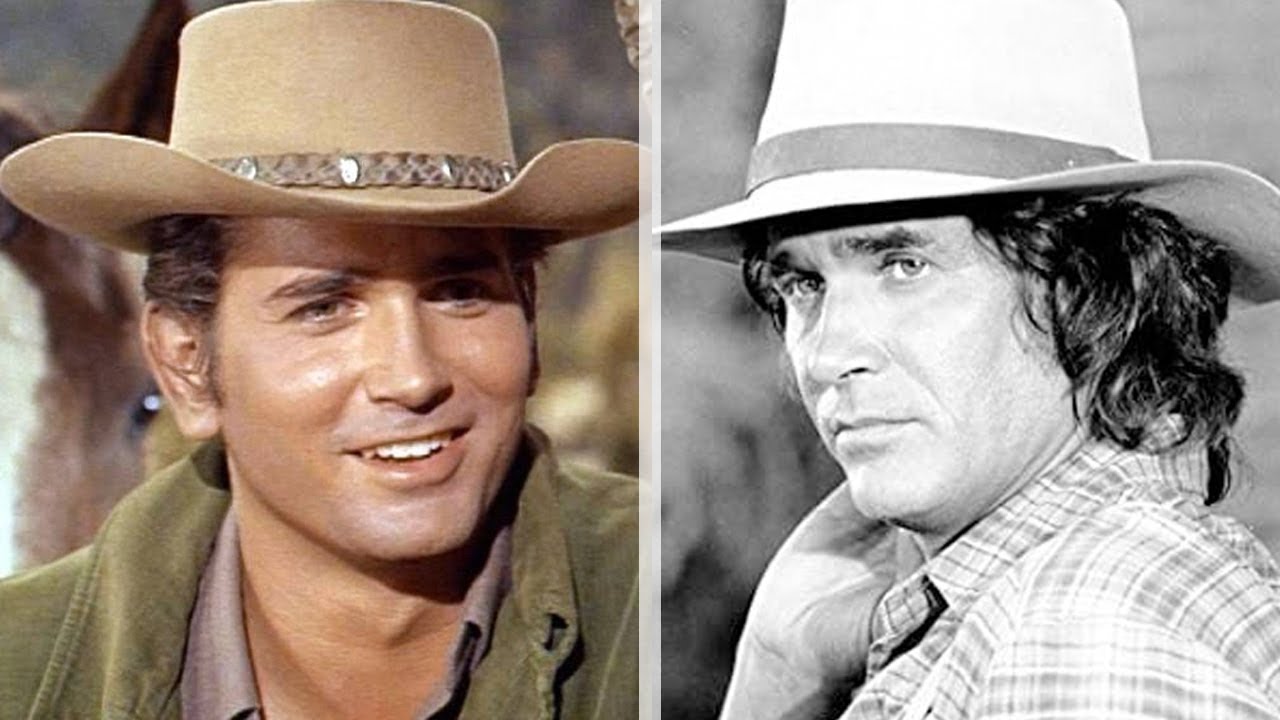Few shows these days last much longer than a handful of years. There’s a financial incentive in keeping the episode counts at a minimum. Different royalty contracts can be issued after a show’s third season, so many streaming services cancel their shows before season four. Now, stories have to be told far more economically, with truncated season lengths and an eye toward holding viewers’ attention.
While we as viewers now experience big story arcs in a shorter timeframe, we also lose out on a lot. In trimming shows to their core story beats, we forgo all the meandering and world-building that it takes to make a show’s world feel lived-in. So The Andy Griffith Show remains a relic. There’s no way any show today would make room for quiet moments on the porch that don’t drive a story forward.

Something else we’ve surrendered is the chance to see actors dig into a character over years and years of commitment. Bonanza ran from 1959 to 1973, and each season saw the professionals involved get better and better at telling their stories. Fourteen years is a long time for anything, and we got to witness the change that comes with working hard at the same thing for that stretch. Surely, Bonanza was better for its length.
Michael Landon, Bonanza’s “Little Joe” Cartwright, changed throughout the show, as would anybody investing that time into a project. While he was cast for his similarity to his character, those initial likenesses were shed as Landon developed as a person and a performer.
Tom Ito’s 1992 volume Conversations with Michael Landon characterizes Joe Cartwright as “rebellious,” noting that the youngest member of the family was “hot-tempered and high-spirited.” The book then goes on to draw parallels between the character and the actor, calling out Landon’s “defiantly energetic personality” in his youth. The biographical book doesn’t shy away from the on-set tension that Landon’s personality caused during Bonanza’s production.

In particular, Ito’s book mentions friction between Landon and director William Claxton. According to what’s written, Claxton appeared in a television interview, decrying Landon’s “pugnaciousness,” and calling the actor a “brat.” Claxton maintains that this was truest in Bonanza’s early days while recalling that the actor grew up on the show alongside his character.
Claxton contrasts these early difficulties with the man Landon grew to be. He said Landon “developed a devouring fascination for television production and an intense drive to master the creative techniques of both writing and directing.”
Directing his immense energies into a focused channel gave Landon direction in life, and changed the way he acted towards the cast and crew around him. Just like we might see a character’s emotional growth over the course of a TV show, so too did the people involved in Bonanza watch Landon grow as a person.
